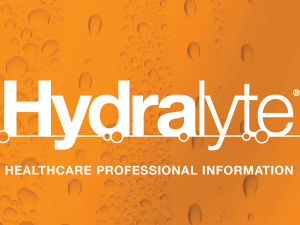Adult attention deficit hyperactivity disorder is a fairly new and exciting area of research in psychiatry. In this article, Sidhesh Phaldessai examines our increasing understanding of the symptom presentation and management of this neurodevelopmental disorder in adults
Utilising the power of pharmacogenomics to improve medication outcomes
Utilising the power of pharmacogenomics to improve medication outcomes

Clinical pharmacist Katrina Azer writes about pharmacogenomics, the promising field that helps tailor medications to genes. She reviews its impact on clinical practice and the challenges that need to be overcome to adopt it
1. National Institute of General Medical Sciences. Pharmacogenomics.
2. PharmGKB.
3. Swen JJ, van der Wouden CH, Manson LE, et al. A 12-gene pharmacogenetic panel to prevent adverse drug reactions: an open-label, multicentre, controlled, cluster-randomised crossover implementation study. Lancet 2023;401(10374):347–56.
4. Connelly D. Pharmacogenomic testing pilot to start in general practice from June 2023. The Pharmaceutical Journal, 18 May 2023.
5. Arnone D, Omar O, Arora T, et al. Effectiveness of pharmacogenomic tests including CYP2D6 and CYP2C19 genomic variants for guiding the treatment of depressive disorders: Systematic review and meta-analysis of randomised controlled trials. Neurosci Biobehav Rev 2023;144:104965.
6. Krebs K, Milani L. Translating pharmacogenomics into clinical decisions: do not let the perfect be the enemy of the good. Hum Genomics 2019;13(1):39.





